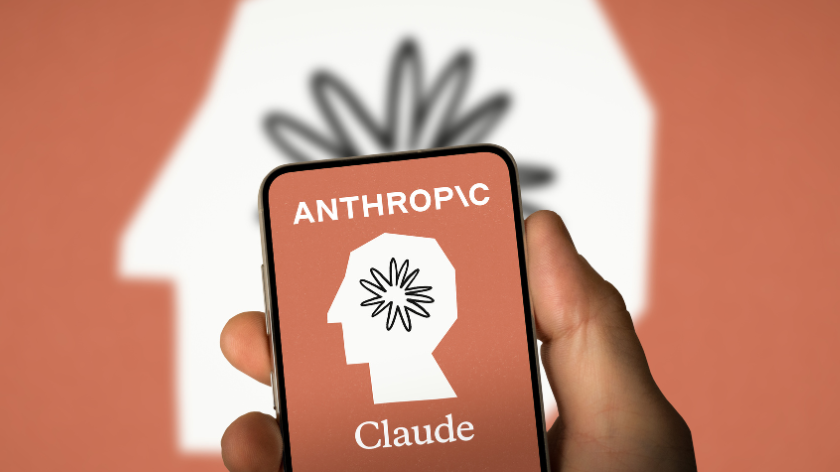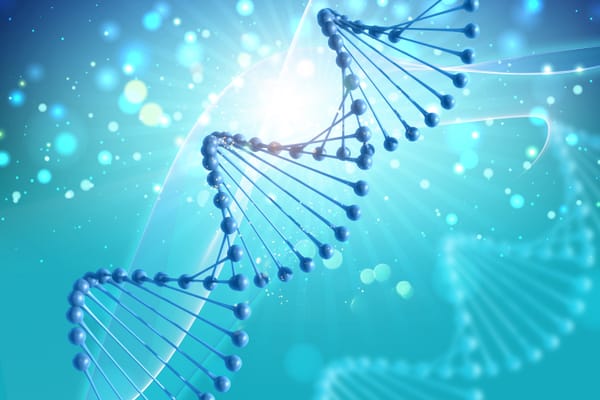Judge Rules Partly in Favor of Anthropic in AI Copyright Case
The court determined that the model's output transforms original content into new work.

AI model-building startup Anthropic won a partial legal victory this week as a U.S. federal judge ruled that training its AI chatbot Claude on lawfully purchased, digitised books qualifies as fair use under copyright law.
The court determined that the model's output transforms original content into new work, likening AI learning to that of a human reading a book to inspire original writing.
U.S. District Judge William Alsup emphasised that Anthropic’s models “create something different,” supporting claims that AI can legally learn from existing works.
However, the judge also ordered that the company must stand trial in December for allegedly training its models on pirated books—thousands of which were downloaded illegally before Anthropic shifted to buying digital copies.
The class-action lawsuit, filed by authors Andrea Bartz, Charles Graeber, and Kirk Wallace Johnson, accuses Anthropic of large-scale copyright theft.
While the fair use ruling favors AI companies, experts say the upcoming piracy trial could result in hefty penalties.
Earlier this month, Reddit also filed a lawsuit against Anthropic, accusing it of using Reddit’s content to train its models without a proper licensing agreement.
Reddit claims it explicitly warned Anthropic against scraping its platform, but Anthropic allegedly ignored these warnings and continued to scrape Reddit over 100,000 times—even after stating it had blocked such activity in 2024.
During the same time, the Walt Disney Company and NBCUniversal have filed a landmark lawsuit against AI image-generator Midjourney, accusing the company of rampant copyright infringement.
Filed in a California federal court, the suit claims Midjourney unlawfully replicates iconic characters like Darth Vader, Shrek, Spider-Man, Yoda, and others, describing the platform as a “virtual vending machine” churning out unauthorised copies of their intellectual property.




